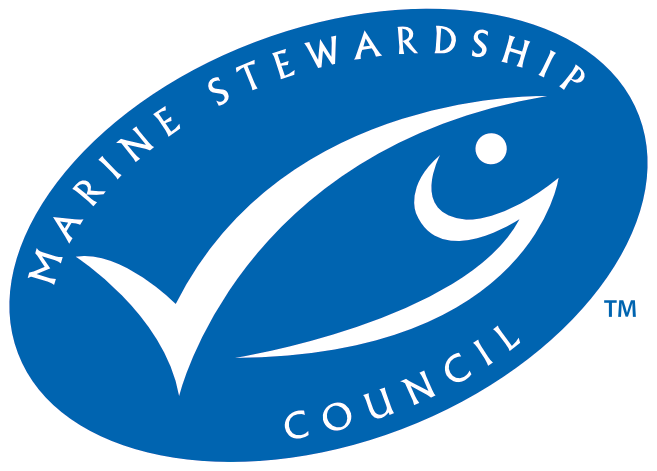
- Certifier :
- Bureau Veritas Certification
- Certified status :
- Certified
- Certified since :
- 07 Jun 2016
- Certificate expires :
- 06 Dec 2026
Overview
Fisheries are composed of one or more parts, each of which is entitled to receive an MSC certificate. These parts or “units” are defined by their target stock(s), fishing gear type(s) and if relevant vessel type(s), and the fishing fleets or groups of vessels.
When the term “Unit of Certification” is used for fishing units that are in assessment, it refers to the “Unit of Assessment” or “Unit of potential certification”. Expand a status below to view the parts that form this fishery. To check the detailed scope, download the latest certificate or open the Assessments page to get the latest report. Find out more by visiting our page on Fisheries
Catch by Species
| Species | Reported Catch Year | Metric Tonnes |
|---|---|---|
| Albacore tuna (Thunnus alalunga) | 2023 | 14,672.5 |
Information is provided by an independent Conformity Assessment Body as live weight (the weight of species at the time of catch, before processing) and where a fishing season covers multiple years, the end year is given as the reported catch year. Additional information is available in the latest report, see the assessments page.
Eligibility, client groups and vessel lists
A fishery may choose to define the members of the fishery certificate. These members can be vessels or other client group members (e.g. companies that own vessels and/or companies that are named as eligible to handle certified product covered within the fishery certificate scope). Please refer to the fishery certificate statement on additional product specific eligibility criteria (e.g. product eligibility limitations, eligibility date, exclusive points of landing and the point where Chain of Custody certificate is required). Please consult the fishery Public Certification Report for product eligibility rationale.
| Documents | Published on | Files |
|---|---|---|
| Vessel List | 04 Jul 2025 | 1 files |
About this Fishery
This fishery targets albacore tuna (Thunnus alalunga) in the Bay of Biscay and adjacent North Atlantic waters. The client being assessed is comprised of two Spanish producer organizations, OPEGUI and OIPESCAYA, and Cofradía de Pescadores San Martín de LAredo, representing 42 pole and line vessels and 87 trolling vessels.
Albacore tuna grow to around 1.4m and reach a weight of about 60kg. Their main diet is cephalopods, although little is known about their food patterns as they dive to depths of 400m when hunting, making monitoring difficult. Constant movement means albacore may eat as much as a quarter of their body weight in a day. In summer, they migrate to this Bay of Biscay fishery.
The two methods used to harvest the tuna both keep the fish in good condition and almost eliminate bycatch.
With pole and line fishing, the albacore are attracted to the vessels by live bait thrown into the water and then caught on barbless hooks on fibreglass poles. The tuna are then swung on board where they fall onto the deck, and are immediately put into holds.
Trolling involves vessels towing a number of lines of barbless hooks of different lengths and at different depths from poles or outriggers. When fish hit the lines they are detached from the outriggers and hauled in from the stern of the boat.
Albacore stocks are monitored by the International Commission for the Conservation of Atlantic Tunas (ICCAT), with regulations implemented by member countries.
Albacore (Thunnus alalunga) image © Scandinavian Fishing Year Book
Market Information
In 2013, the total catch from this fishery was around 4,300 tonnes. Most is canned, although some is sold fresh in season.